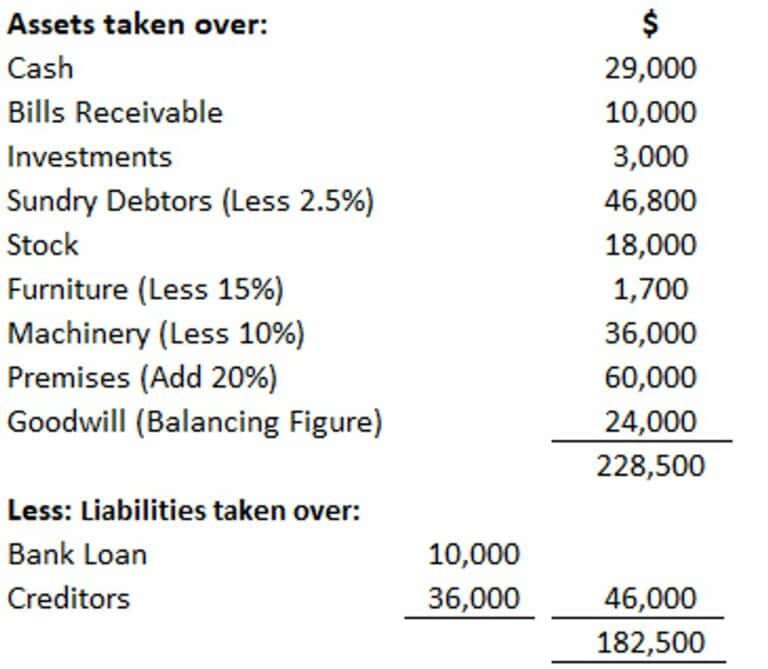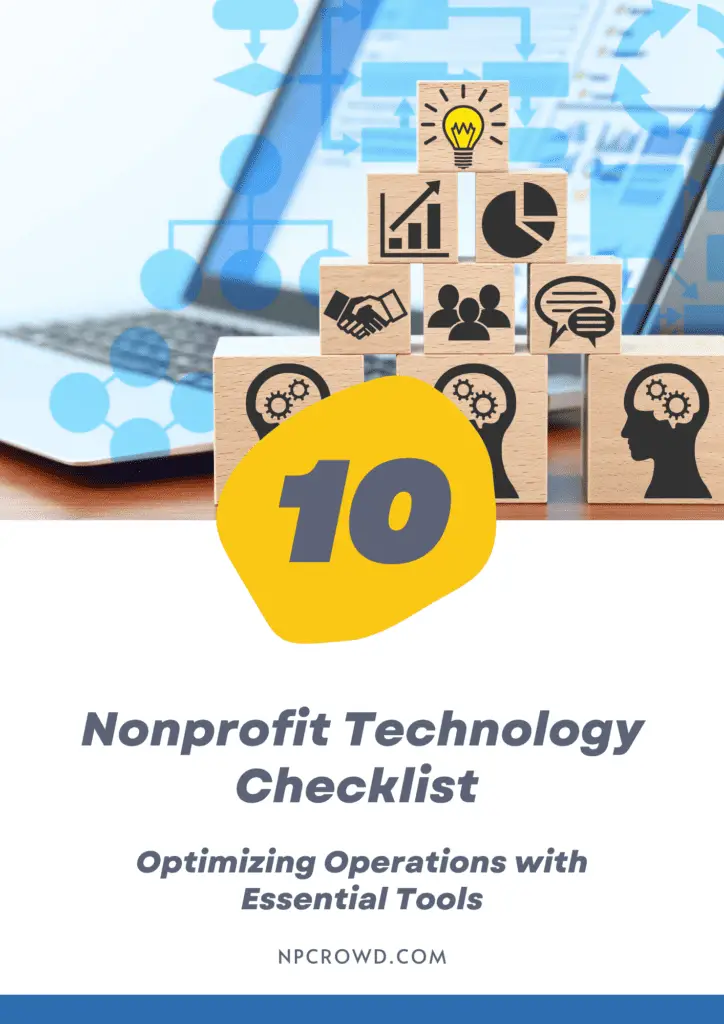Cultivating a Culture of Financial Responsibility in Your Nonprofit
Disclaimer: This post may contain affiliate links. These links, if used and purchases made, we may earn a small commission. These affiliate programs do not impact the recommendations we make or the resources we refer you to. Our focus is on providing you the best resources for your nonprofit journey.
Why Financial Responsibility Matters
Financial responsibility is essential for nonprofits of all sizes. By fostering a culture of transparency and accountability, you’ll empower your entire team to contribute to the organization’s financial success. Let’s explore ways to create this culture and strike a balance between fiscal responsibility and maintaining a positive work environment.

Open Communication: The Foundation of Financial Responsibility
The first step in promoting financial responsibility is open communication. Nonprofit leaders should regularly share financial information with all staff members, not just those in finance-related roles. This transparency helps everyone understand the organization’s financial health and their role in contributing to it.
Here are a couple of ideas:
- Finance Corner: Include a “Finance Corner” in your staff newsletter or dashboard, featuring budget-to-actual income and expenses charts in an easy-to-understand format.
- Red/Yellow/Green Light System: Use a traffic light system to indicate the status of specific expense categories, such as Travel and Training.
- Financial Training Sessions: Offer regular workshops or training sessions to help all staff members understand financial basics and the organization’s budget structure.
Empowering All Staff Members
When everyone understands the organization’s finances, they can contribute to its financial success. Teaching your team financial basics empowers them to grasp the financial picture and make informed decisions.
“Empower your team with financial knowledge, and they’ll make better decisions for your organization’s future.”
Tom Lucas
Striking a Balance: Avoiding a Scarcity Mentality
While promoting financial responsibility, it’s crucial not to create a culture of impoverished thinking. Leaders should emphasize the importance of investing in growth and improvement rather than just getting comfortable.
“Invest to grow and improve, not to get comfortable.”
Tom Lucas
Handling Financial Challenges and Over-Budget Expenses
When financial challenges arise or certain expenses are consistently over-budget, it’s essential to address them proactively:
- Review the budget and identify areas for potential savings
- Communicate with the team and brainstorm solutions to reduce expenses
- Reevaluate priorities and reallocate resources as needed
- Provide support and guidance to staff members struggling with budget constraints

Maintaining a Positive Work Environment
Promoting financial responsibility doesn’t have to come at the expense of a supportive and positive work environment. Here are some tips for striking the right balance:
- Celebrate financial successes and milestones as a team
- Offer training and resources to help staff members develop financial skills
- Encourage open dialogue and feedback about financial concerns and ideas
It’s also essential to avoid creating a scarcity mindset within the team. Good financial management doesn’t mean penny-pinching to the point of no growth and sub-excellent results. Focus on making smart investments and maintaining a growth-oriented mindset.
Wrapping Up: Building a Financially Responsible Nonprofit Culture
By fostering a culture of financial responsibility within your nonprofit, you’ll empower your entire team to contribute to the organization’s success. Remember, open communication, staff engagement, and maintaining a positive work environment are key to striking the right balance. Start implementing these strategies today and watch your nonprofit thrive.
Additional Resources







